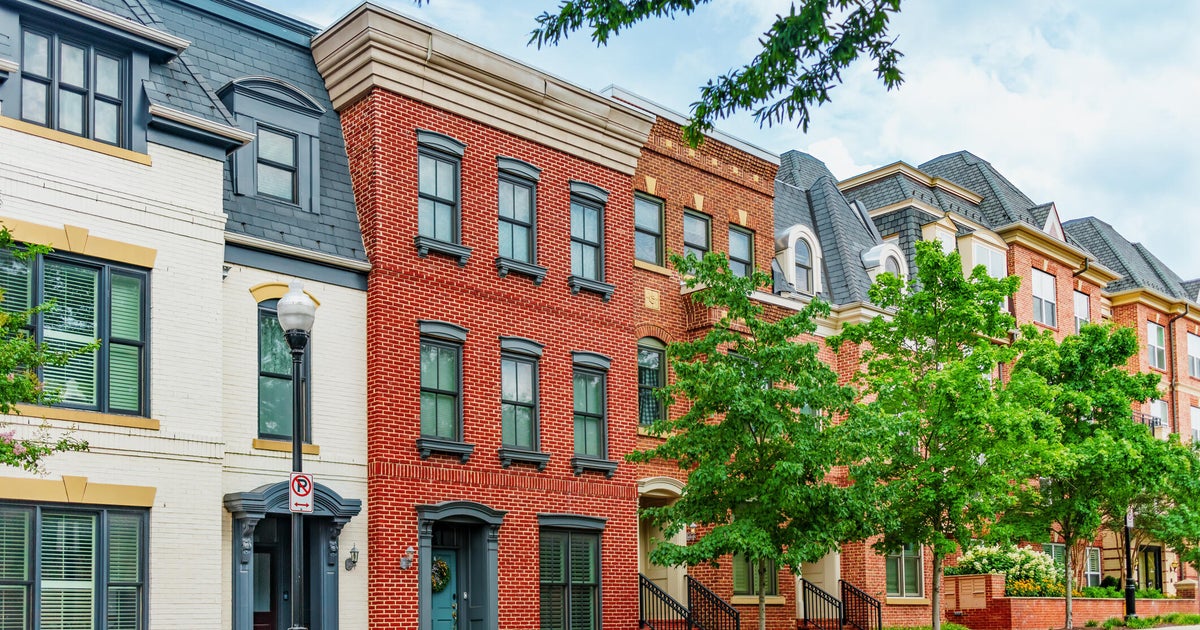Disparity in home lending costs minorities millions, researchers find
Technology has made it easier for anyone to apply for a home loan, a process that until recently took weeks or even months to complete. Yet those innovations haven't completely eliminated one hurdle for many borrowers: bias.
A recent analysis of nearly 7 million 30-year mortgages by University of California at Berkeley researchers found that black and Latino applicants were charged higher interest — an average of nearly 0.08% — and heavier refinance fees when compared with white borrowers. That was in face-to-face transactions. When applying online or through an app, minorities still ended up paying more, though terms were slightly better than when borrowing in person.
The upshot: Long-standing discrimination faced by people of color in getting a home loan can be reproduced in software-based lending, technology that advocates say is supposed to prevent bias.
Latinos and African-Americans paid almost one tenth of a percentage point more for mortgages between 2008 and 2015, the study found — a disparity that sucked hundreds of millions of dollars from minority homeowners every year. For example, a black homeowner with a $429,000 mortgage would pay an average of $640 more over the life of the loan, said Nancy Wallace, one of the Berkeley researchers.
An amount that equates to an extra $20 a year may seem small for one household, but "It's still outrageous" to pay more because you're a different race, Wallace said. And it adds up: The higher mortgage costs amount to an additional $765 million a year for black and Latino borrowers.
History of bias
People of color have faced decades of higher hurdles than whites when it comes to getting a home loan, with even creditworthy borrowers getting rejected at a higher rate or unfairly being charged higher interest rates.
The Berkeley study found that both face-to-face and online lenders rejected a total of 1.3 million creditworthy black and Latino applicants between 2008 and 2015. Researchers said they believe the applicants "would have been accepted had the applicant not been in these minority groups." That's because when they used the income and credit scores of the rejected applications but deleted the race identifiers, the mortgage application was accepted.
Researchers said it's unclear how the price discrimination is happening, but described their study as "a small but growing literature on discrimination in lending." Exacerbating the problem is that black and Latino applicants aren't securing multiple offers from different lenders, which is costing them in the long run, Wallace said.
"The biggest takeaway for both the Latino and black communities is you should shop around for your mortgage," Wallace said. "You should not accept the first option."
Higher denial rates for blacks
In the home lending world, the Berkeley study presents rare documentation that racial bias in face-to-face lending also seems to be creeping into online platforms. A Lending Tree study released in October reported that African-Americans had the highest denial rates for mortgages in 2018 at 17.4%. Whites had the lowest at 7.9%. The study showed that African-Americans and Latinos have had the highest denial rates since 2004.
The Berkeley study included data from almost 2,100 lenders, almost half of which have an online or app-based loan application. Researchers specifically cited Quicken Loans' mortgage app Rocket Mortgage as "the largest-volume mortgage product in the U.S. as of 2018."
Regis Hadiaris, Quicken's vice president of Rocket Mortgage, said "race and ethnicity is not a factor used in the Rocket Mortgage calculations for loans." To determine loan terms, the firm assesses a borrower's credit score, income, total assets and debt-to-income ratio, as well as factoring in a home's worth and loan-to-value ratio.
Rocket Mortgage does ask applicants to identify their race, a common request on mortgage applications encouraged by federal fair-credit regulations, but "Data show that one-third of people who apply for a loan on the platform decline to identify their ethnic background, which is their right," Hadiaris said.
AI faces scrutiny
Still, platforms like Rocket Mortgage are powered by complex artificial intelligence algorithms and machine learning systems that one expert said are likely flawed from their outset.
Machine learning systems are developed when programmers load in large data sets to teach the system how to respond to new information. The system "identifies patterns within the data and uses those historical patterns to make predictions about future data," said Sarah Myers West, who studies artificial intelligence bias at New York University.
West said she can see how bias would happen in online home lending because those platforms were built from old mortgages that were already biased.
AI-powered algorithms received even more scrutiny this past week when allegations of gender bias arose in the Apple Card from Goldman Sachs. Apple co-founder Steve Wozniak and Basecamp chief technology officer David Heinmeier Hansson both reported their wives got a lower amount of credit offered when they applied online despite the women having a similar credit profile as their spouse.
"We turn to machine learning in the hopes that they'll be more objective, but really what they're doing is reflecting and amplifying historical patterns of discrimination and often in ways that are harder to see," West said.
Despite perhaps an inherited bias, Berkeley researchers still believe applying online or through an app has its advantages for blacks and Latinos. App-based approvals are 40% less likely to result in higher mortgage rates for borrowers of color, researchers said in their study, and those avenues do not reject a person's application based on race.



